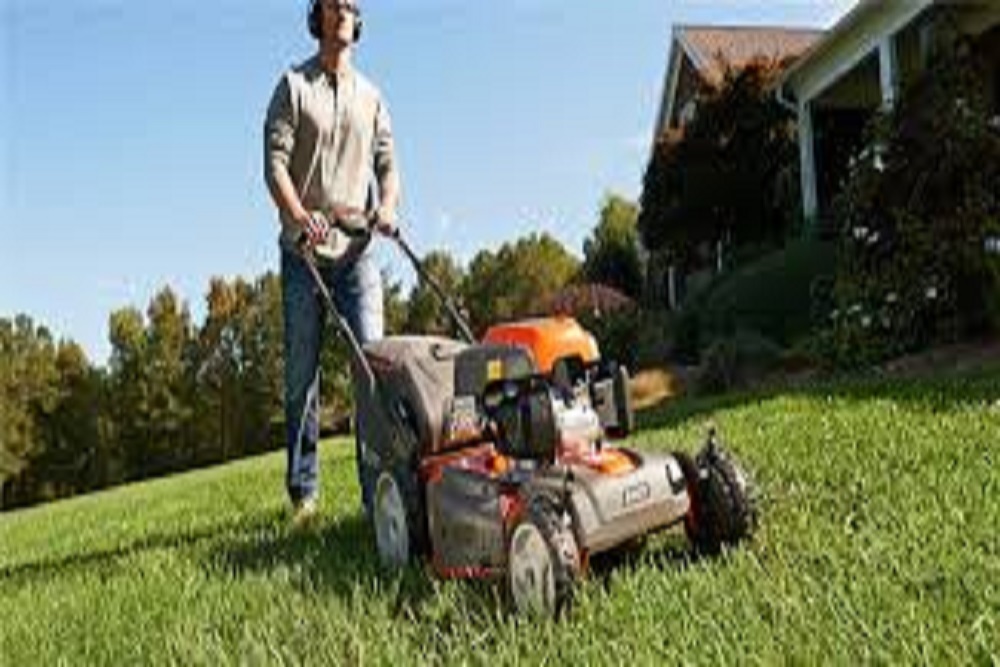City of St. Clair Shores issued the following announcement on April 17.
On Thursday, April 9, 2020, Governor Whitmer issued Executive Order 2020-42 which extends the “Stay Home, Stay Safe” policy until April 30, 2020. Contained within this order are several provisions that address the restrictions that businesses within the State must adhere to in order to continue operations.
The Governor, in this order, and with subsequent clarifications, determined that lawn care service workers are not considered critical infrastructure workers necessary to sustain or protect life. The State of Michigan, in response to the question, “May landscaping, lawn care, tree service, irrigation, and related outdoor maintenance companies operate under this order?” provided the following:
In nearly all cases, no. A business cannot designate workers to perform these services unless the service is necessary to maintain the safety, sanitation, and essential operations of a residence. This is a narrow exception that only permits in-person work that is strictly necessary to address a circumstance that immediately and genuinely impairs the habitability of a home during the emergency; the exception will be satisfied, at most, rarely. Routine concerns, such as about longer grass increasing insects, pests, or allergies, do not qualify. Nor can workers leave the home to perform these services at business facilities: the exception applies only to residences. Any necessary in-person work that is permitted under the order must be done in accordance with the mitigation measures required under section 10 of the order. The order does not prohibit homeowners from tending to their own yards as they see fit.
Before the issuance of Executive Order 2020-42, the St. Clair Shores’ City Attorney issued an opinion on the ability of commercial and non-commercial landscapers to perform services within the City. In that opinion, the City Attorney concluded that commercial and non-commercial landscapers are permitted to perform services “that are necessary to maintain safety, sanitation, and essential operation of residences.” To date, the City Attorney still believes his opinion on this matter is correct and consistent within the parameters of the guidance provided by the State of Michigan.
While a cursory review of the Executive Order and the City Attorney’s opinion may result in the reader questioning whether the two agree, they do when the EO and City Attorney’s opinion are viewed through the lens of common sense as to how they work together. For example, it would be easy to say that a tree service should not be conducting business during this time. However, with the recent windstorm that came through St. Clair Shores, there may be trees on an owner’s property that experienced damage resulting in a limb dangerously dangling above the home. What is the homeowner supposed to do? Can they call a tree service to come and take it down before it falls and causes damage to their home? The EO doesn’t explicitly say they can. But this is clearly a situation that affects the safety, sanitation, and essential operations of a resident. If the tree limb is hanging dangerously over the roof of a home, it is necessary to call a tree company to remove the limb before it causes damage to the house and potential injury to the owner.
The same common sense should apply to matters of whether a landscaper can cut a homeowner’s grass. The City Attorney’s opinion does not say that routine mowing falls within the exception of a landscaper to conduct their business. It is only permissible when the length of grass creates health or sanitation issues. The City Attorney, using guidance from the City of St. Clair Shores Ordinance on grass that is over eight inches being a public nuisance, uses this as a trigger for permissible activity by a landscaper. However, it’s not the height of the grass that creates the public nuisance, but what tall grass hides. Tall grass does bring with it the possibility of harborage of rats and other vermin, ticks, fleas, pollen that may cause respiratory issues, and noxious weeds that create health concerns of their own. However, not all situations are the same, and, in some cases, tall grass would not produce the same health or sanitation issue. Applying common sense in the situation will help in making the decision.
When EO 2020-42 is in effect, the City will not actively enforce the ordinance related to the height of the grass. However, if a safety and sanitation situation arises due to the height of the grass that is not resolved by the homeowner, the City will act to correct the situation. Again, this is not to say that homeowners should continue to hire landscapers to cut their grass as they usually do. Routine mowing by a landscaper is not permissible. Only if, in the judgment of the homeowner, the height of the grass is causing a safety or sanitation issue for them or their neighbors, should a landscaper be engaged to mow the grass.
Original source can be found here.


 Alerts Sign-up
Alerts Sign-up